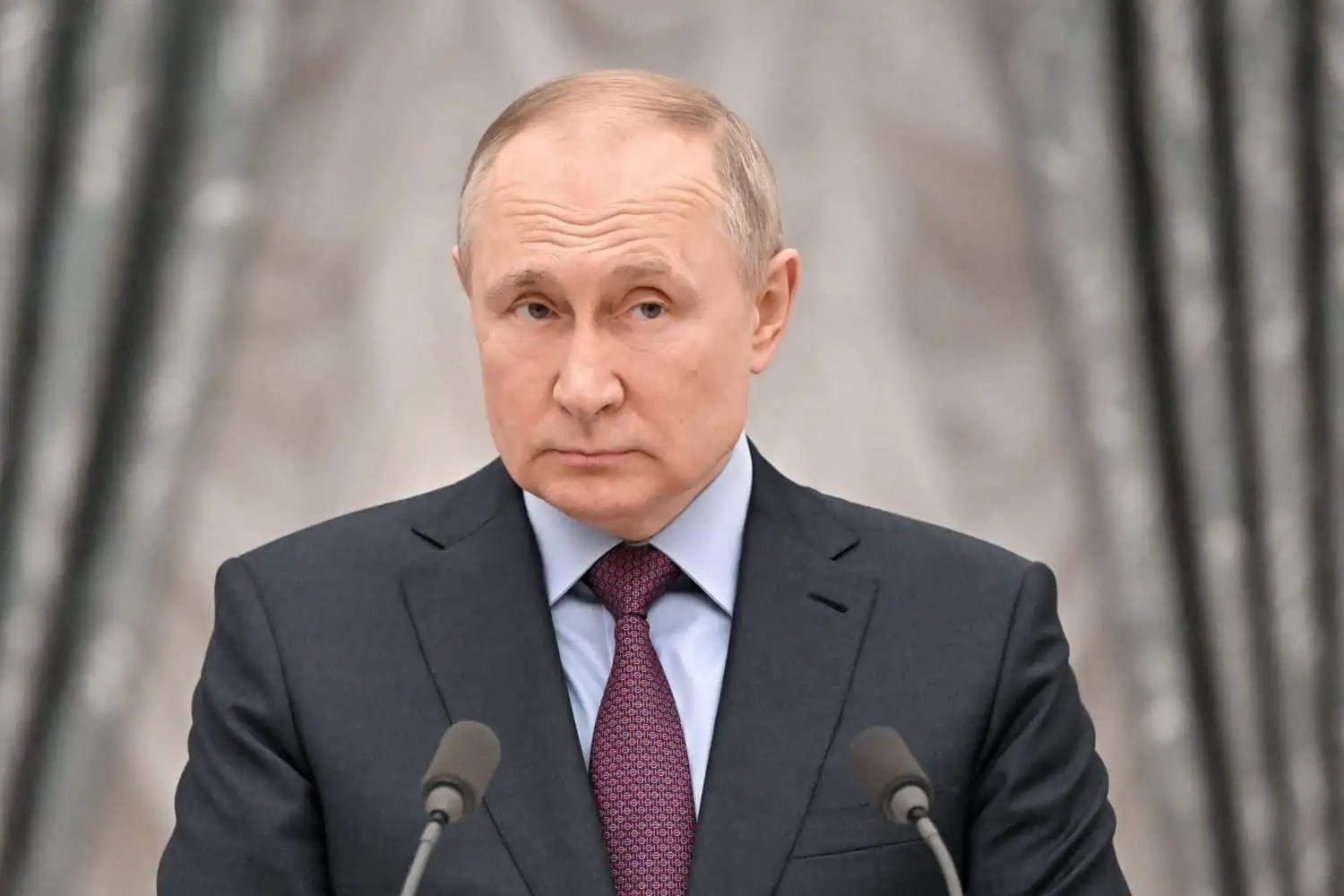During the early morning trades, the rand fell as uncertainty and tensions surrounding the situation between Russia and Ukraine grew more worrying.
What effects does Russia’s attack on Ukraine have?
After an overall positive national budget speech delivered by Finance Minister Enoch Godongwana on Wednesday, the rand strengthened to near R15/dollar. However, ZAR fell by more than 30 cents overnight after Vladimir Putin announced a military assault on Ukraine.
“I have made the decision of a military operation,” he said shortly before 6:00 am (0300 GMT) in Moscow. Putin also vowed retaliation against anyone who interfered.
Putin’s statement came after the Kremlin said rebel leaders in eastern Ukraine had requested military help from Moscow against Kyiv.
And for the first time since September 2014, the Brent crude oil price jumped more than 3.5% and shot past $100 a barrel on Thursday.
“Russia/Ukraine tensions bring both a possible demand shock (for Europe), and more importantly a much larger supply shock for the rest of the world given the importance of Russia and Ukraine to energy, hard commodities and soft commodities,” said National Australia Bank’s Tapas Strickland.
Warnings of pressure on global fuel and energy prices
On Thursday morning, the rand was trading at the following levels against other major currencies:
- Dollar/Rand: R15.26
- Euro/Rand: R17.17
- Pound/Rand: R20.61
“With so many exchange-traded funds and automation, they flick the switch when there is uncertainty like this and buyers go on strike. That is why we are seeing the market gap like it is. There is brinkmanship happening and who knows where it can go from here.” – George Kanaan, head of cash equities at BarrenJoey Capital said.
Analysts have further wanted that the Russia/Ukraine crises will most likely have an impact on global fuel and energy prices. And trading in many asset classes has already been volatile since President Vladimir Putin dispatched troops into parts of Ukraine earlier this week.
This then triggered sanctions from Western countries and threats if Moscow chooses to advance further
“Escalation of tensions in Ukraine will exert upward pressure on global inflation through higher energy prices – Russia is a major energy exporter – but also food prices, so we expect to see higher core inflation that will last longer,” said Carlos Casanova, section economist at UBP.
USA president Joe Biden says Russia will be held “accountable”
Shortly after Putin announced the start of military operations in Ukraine, Biden made his own statement outlining the “consequences” for Russia – calling the attack “unprovoked and unjustified”.
Biden stated that the “world will hold Russia accountable” over its attack against Ukraine. He further warned that this will cause “catastrophic loss of life”.
On Tuesday, the US government made the decision to join European allies in imposing sanctions on two Russian banks, Moscow’s sovereign debt, several oligarchs and other measures.
And according to Putin, he decided to order a “special military operation” in order to “protect” the Donbas region of Ukraine. This comes after the US reportedly crossed the Kremlin’s “red line” by expanding NATO in Eastern Europe.
